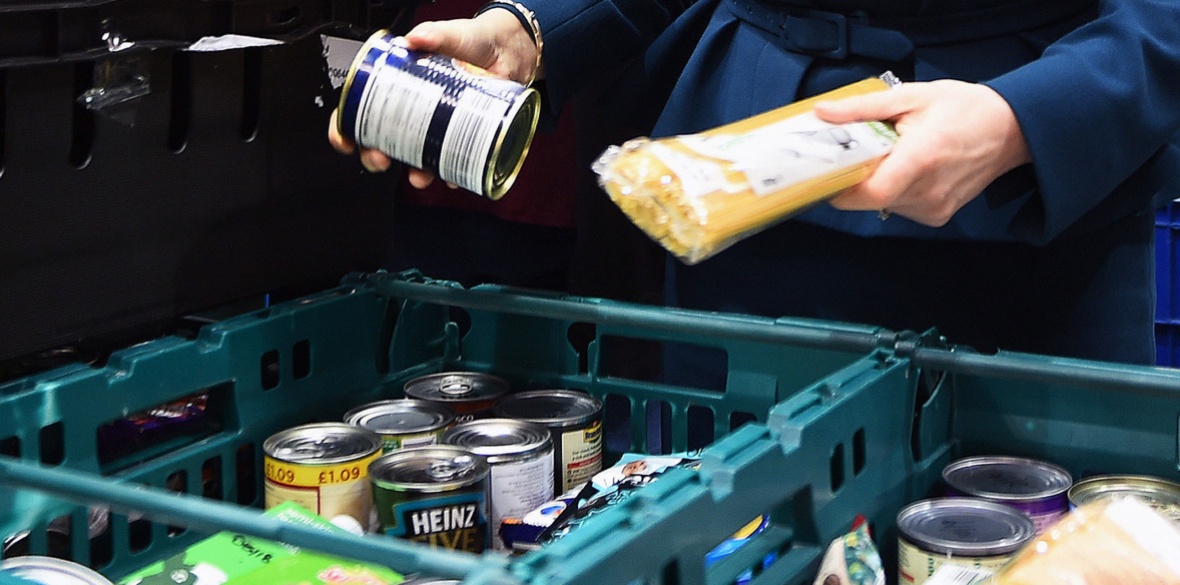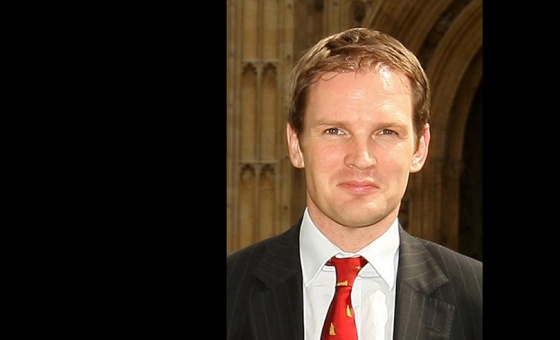This is the last article you can read this month
You can read more article this month
You can read more articles this month
Sorry your limit is up for this month
Reset on:
Please help support the Morning Star by subscribing here
WHILE ministers have hailed Universal Credit (UC) as a success for not buckling under the unprecedented number of claimants made redundant, to make this work the DWP had to introduce a series of measures stripping UC of some of its core components such as conditionality and injecting more flexibility and generosity into the system.
This implicitly acknowledged that benefits are too low, too complex to claim and are not received in a timely manner: the UC £20 uplift, suspending the Minimum Income Floor, increasing the Local Housing Allowance Rate, expediting payments etc.
This uplift has been described as a lifeline by claimants, DPOs, charities and other organisations, but while the government is now considering withdrawing it, it has also been shown to be widely insufficient to cover the living costs borne by claimants.
According to the Resolution Foundation, of the more than three million additional claimants since last March, 31 per cent had either taken out new loans or seen their existing debts increase and 61 per cent cent expected to struggle or to fall behind on their bills in the coming three months — around double the national average.
These findings should put pressure on the Chancellor of the Exchequer to extend the uplift, which is due to end at the end of March. However, the uplift issue, although important and even lifesaving for some claimants, should not obscure the inadequacy and dysfunctionality of the UC regime and its reliance on sanctions as a new coerced worker-claimant model of social support.
The current version of UC brings together six means-tested benefits for people of working age into a single monthly payment. Simplification of the benefits system was a driving principle behind the design of UC, which is a fully digitalised service. Unfortunately, it has introduced more complexities and inflexibilities, which do not accommodate the reality of claimants’ lives, and offers no income predictability.
UC payments, designed to mirror the world of work, are paid monthly in arrears rather than prospectively each week, leading to the indebtedness of most low paid workers who are paid weekly or fortnightly.
But the main contention point is the use of sanctions which are a core component of UC. Based on the theories of behavioural change, they ignore the wider structural factors, which need to be taken into account when understanding unemployment and inequality and prioritise individual behaviour as both the main cause and solution to a narrowly defined notion of welfare dependency; the evidence about their effectiveness is inconsistent.
According to a five-year project (2013–2018), Welfare conditionality: sanctions support and behaviour change, “stasis – a lack of significant, sustained change in employment status – was the most common outcome” for sanctioned claimants participating in its study.
There have been reports that the policy has increased food bank usage and mental health difficulties. Several qualitative studies have concluded that UC adversely affected claimants’ financial security, driving people further into poverty and food insecurity, worsening physical and mental health and negatively affecting their employment prospects and that the threat of sanctions exacerbated long-term health conditions and negatively affected participants’ mental health such that some had considered suicide.
Beyond the argument about whether UC can be improved or should be scrapped, UC for the time being needs to be made more generous by maintaining the £20 uplift and extending it to legacy benefits as called for by the Social Security Advisory Committee, the Work and Pensions Committee and several MPs.
The Secretary of State has refused to extend them to legacy benefits, mainly for IT reasons. The UC director general has argued that claimants can, if they wish, discontinue their current claim and switch to UC but has said that it is unable to advise individual claimants whether they will be worse off on UC.
The survey from Disability Benefits Consortium shows that the Covid pandemic has been particularly costly for disabled people on legacy benefits: 82 per cent of disabled claimants have had to spend more money than they normally would during the pandemic.
- On food and food deliveries. 54 per cent of surveyed disabled people said these costs had increased significantly.
- On utilities, as disabled people had to spend more time at home, which has had an impact on their energy consumption. 53 per cent of disabled claimants said these costs had increased significantly and 67 per cent have had to go without essential items at some point during the pandemic.
- On transport, as disabled people were trying to avoid public transport, or sharing cars, they had to rely on taxis to attend essential appointments.
- On healthcare, to compensate for cancelled treatments or absence of treatment and addressing their worsening health as a result.
- On internet costs. Disabled people were more likely to be digitally excluded or non-regular internet users and had to bear additional costs when almost all aspects of daily life moved online with the pandemic.
These additional costs have led disabled people to make a greater use of food banks. According to the Trussel Trust, 32 per cent of those that needed to use a food bank in June or July 2020 and were claiming benefits were not claiming UC.
67 per cent of the respondents to the Disability Benefits Consortium survey had to go without essential items such as food, heating and medication and some had to take out loans after exhausting the support from families and charities, to try meeting their financial commitments such as rent and household bills, storing up problems for the future, in terms of financial insecurity, indebtedness and worsening health.
But the most tragic indictment of the plight of disabled people during the pandemic is the fact they account for six in 10 deaths in England for the period to 20 November 2020 (30,296 of 50,888 deaths), while they made up 17.2 per cent of the study population.
For the ONS, “an important part of the raised risk is because disabled people are disproportionately exposed to a range of generally disadvantageous circumstances compared with non-disabled people.”
Obviously, health status is a factor of vulnerability to Covid-19, but the evidence shows that after age, deprivation is the highest contributing factor to Covid-19 mortality rates.
And disabled people are a group which is more likely to suffer from deprivation and poverty. Nearly half of all people in poverty in Britain are either disabled themselves or live with someone who is disabled and more than four in 10 people (42 per cent) living in families that rely on disability benefits are in poverty.
Disability is not in itself a predictor of poverty or deprivation, but it becomes one when the support needed by disabled people to live a life comparable to the one of non-disabled people is lacking. And this support has been decimated since 2010: in 2021, £37 billion less will be spent on working-age social security compared with 2010, despite rising prices and living costs.
And some of the most striking cuts are in disability benefits – personal independence payments and employment and support allowance – which together will have shrunk by nearly £5bn, or 10 per cent, since 2010, which explains why there are 1.8 million more people in poverty who live in a family that includes a disabled person than there were 15 years ago.
In conclusion, in the shorter term, the £20 uplift in UC Standard Allowance should be kept and extended to legacy benefits, but in the longer term, as the pandemic, far from being a great leveller, has exposed and worsened inequalities in Britain, the benefit system needs to be overhauled, because it has become a driver of poverty, especially UC which cannot be salvaged.
What is needed is a social safety net sufficient for people to receive a minimum income for healthy living, free from coercion and supportive of everybody relying on it, according to needs. This will go a long way to address income inequalities in Britain and improve living standards and the health of the population, especially for the most disadvantaged groups.
Use #20More4All to support the DPAC day of action is March 1 on Twitter @Dis_PPL_Protest and Facebook @disabledpeopleagainstcuts.










